Directory
- Share
Uchechukwu Ogechukwu
- Scholar
- Nigeria
- 2024 MPhil Technology Policy
- Fitzwilliam College

Uchechukwu Ogechukwu
- Scholar
- Nigeria
- 2024 MPhil Technology Policy
- Fitzwilliam College
I hail from Nigeria, where I pursued my undergraduate studies in Geography at the University of Nigeria, Nsukka. During my time there, I developed a profound appreciation for the intricate dynamics of our natural world and the role of geography in shaping societies and environments.My academic journey sparked a deep-seated passion for sustainable development, particularly in Africa's energy sector. This passion led me to co-found Greenage Technologies, a project aimed at harnessing renewable energy to combat energy poverty and environmental degradation in Africa.Inspired by the potential of technology to drive positive change, I am now embarking on a new chapter of my academic journey. As a recipient of the Gates Cambridge Scholarship, I will pursue an MPhil in Technology Policy at the University of Cambridge. This program aligns perfectly with my mission to leverage technology, education, and policy to foster sustainable change in the African energy sector.Through my studies and initiatives, I aspire to not only address the pressing challenges of our time but also to inspire others to join me in creating a more sustainable and equitable world. Outside of work and academics, I enjoy playing and watching football.
Previous Education
University of Nigeria
London School of Economics & Political Science
Links
Ji Yeol Oh
- Alumni
- Korea, Republic of
- 2008 PhD Economics
- Christ's College
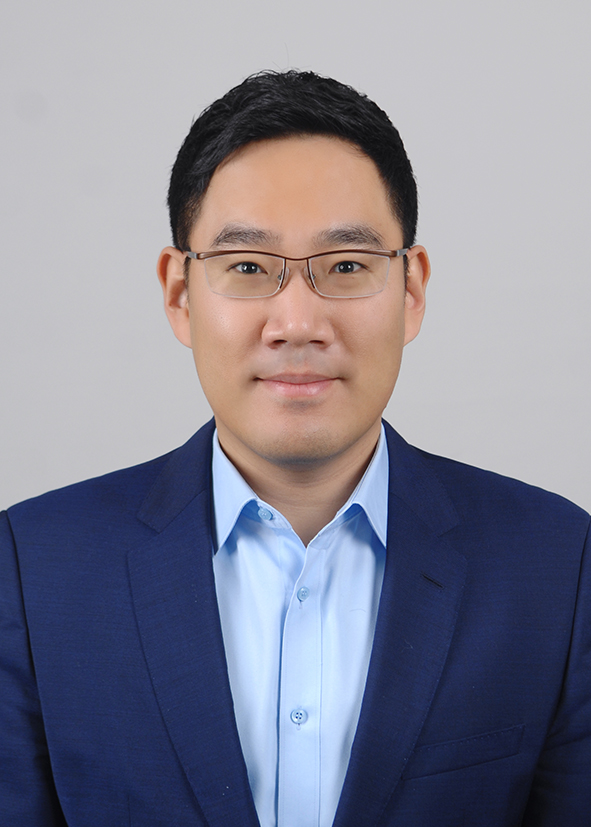
Ji Yeol Oh
- Alumni
- Korea, Republic of
- 2008 PhD Economics
- Christ's College
I am an Associate Professor of Finance at the Department of FinTech, SKK Business School, Sungkyunkwan University (SKKU). Prior to joining SKKU in March 2023, I was an Associate Professor of Finance at Hanyang University between 2015 and 2023, and taught cadets as an army officer at the Korea Military Academy between 2012 and 2015.
My primary research interests are on the supply-side implications of institutional investors, particularly mutual funds. My other research areas include ESG, corporate governance, and FinTech.
Previous Education
University of Cambridge BA in Economics, MPhil in Economics 2008
Links
Cynthia Okoye
- Alumni
- Nigeria
- 2018 PhD Pharmacology
- Fitzwilliam College
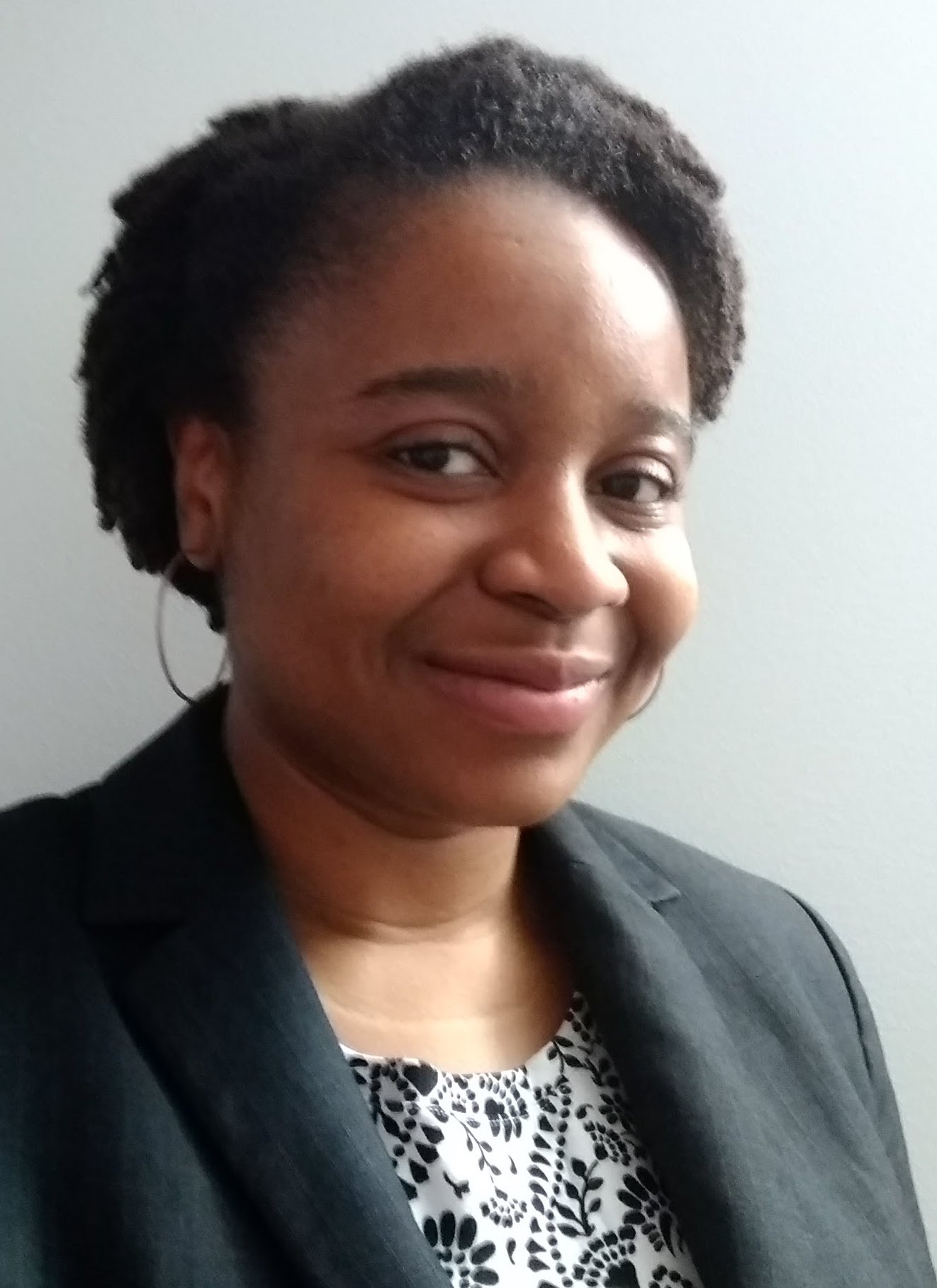
Cynthia Okoye
- Alumni
- Nigeria
- 2018 PhD Pharmacology
- Fitzwilliam College
I remember learning about DNA and genetic inheritance at my high school in Lagos, Nigeria and being captivated by the fact that so much about life could be explained at the atomic or molecular level. I knew then that my curiosity about the chemical processes of life was unstoppable. At the age of 16, I moved to Johannesburg, South Africa where I completed my A-Levels in biology and chemistry at African Leadership Academy. I went on to earn my B.A. with Hons in Chemistry with a concentration in Biochemistry and Molecular Biology from Williams College, MA, USA, where I completed a year-long honors research project under Professor Kathryn Hart. In this project, I characterized the effect of clinical and synthetic missense mutations on an enzyme that confers resistance to beta-lactam antibiotics, and assessed the relative fitness of beta-lactam resistant bacteria to better understand their medical relevance. In 2017, I was a summer undergraduate fellow at Upstate Medical University, where I characterized and synthesized stimuli-sensitive polymers for therapeutic applications. I also interned at National Institutes of Health (NIH) in the summer of 2016, where I optimized a low-cost and sensitive protocol for mycoplasma detection in malaria parasite cultures. In addition to my research background, I have taught science at elementary and high schools in Nigeria and the United States. At Williams, I served as the dance teaching assistant for an African dance ensemble and as the Chair of Veritas Forum at Williams, an organization which strives to promote dialogue between people of different spiritual worldviews. I am thankful for the strong support of mentors and colleagues who motivate me to strive for my best and I continually seek opportunities to further develop my skills as a scientist, teacher and leader.
Previous Education
Williams College
Nikolas Oktaba
- Alumni
- United States
- 2015 MPhil Classics
- Sidney Sussex College

Nikolas Oktaba
- Alumni
- United States
- 2015 MPhil Classics
- Sidney Sussex College
Olabimpe Olayinka
- Scholar
- Nigeria
- 2023 PhD Pharmacology
- Queens' College
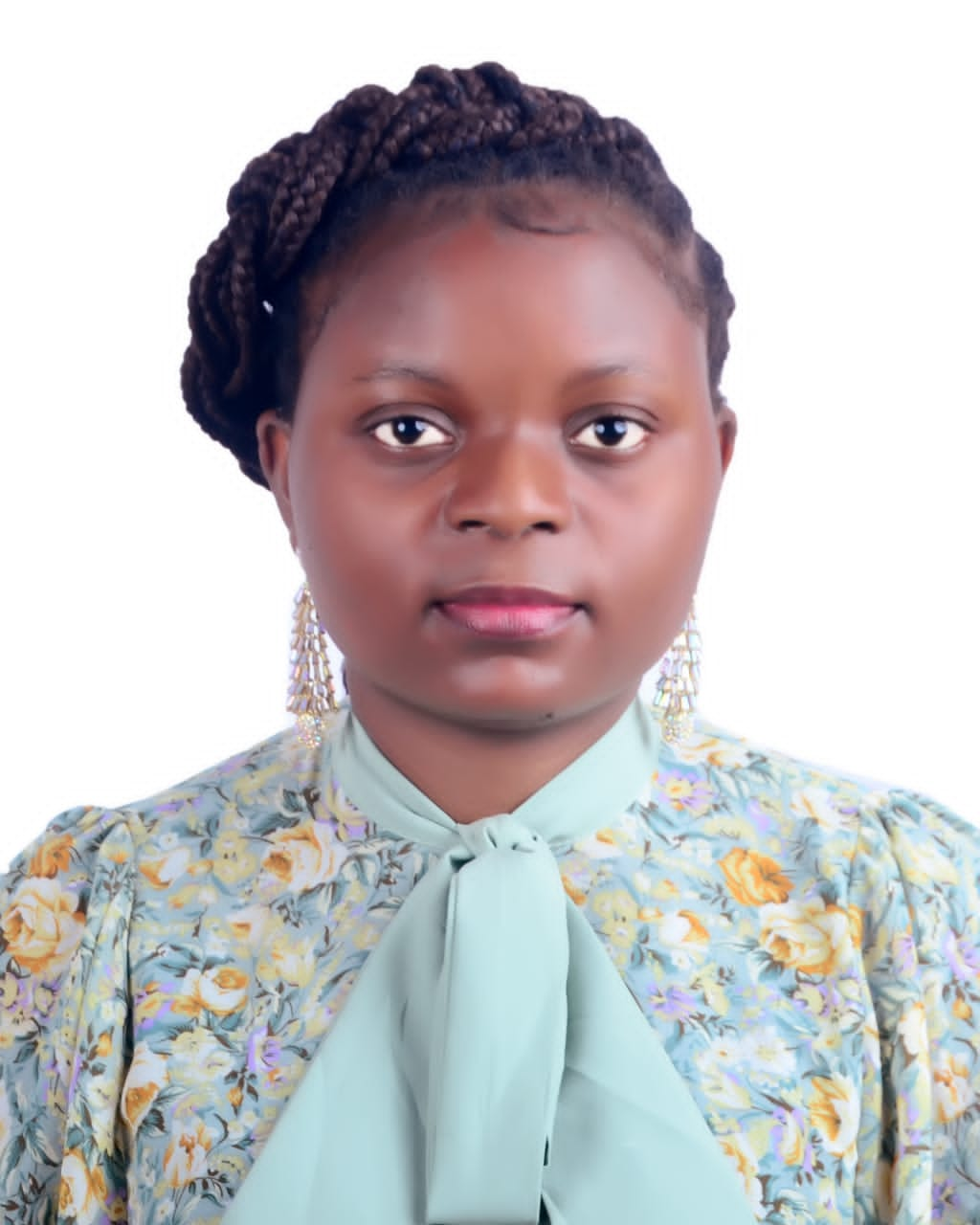
Olabimpe Olayinka
- Scholar
- Nigeria
- 2023 PhD Pharmacology
- Queens' College
I grew up in Ogun State, Nigeria. My community’s rich heritage in the use of herbal medicines for disease treatment inspired me to study Pharmacy at the University of Ibadan, Nigeria, where I learned about novel approaches to natural product-based drug discovery. Subsequently, I received a merit-based scholarship for my Master’s degree program in Pharmacognosy. My research focused on the in vitro cytotoxicity of Nigerian medicinal plants used for cancer treatment. Having lost loved ones to cancer, and being challenged by the high rate of cancer mortality in Sub-Saharan Africa, my passion to tackle the scourge of cancer was further consolidated. At Cambridge, my doctoral research will deploy computer-aided-drug-design tools to discover novel plant-derived anticancer molecules. My goal is to develop affordable and effective targeted therapies for treating BRCA-mutant cancers, which would improve the survival and quality of life of patients. I am honored to be a part of the Gates Cambridge community, and I intend to leverage my experience as a Gates Scholar to help expand global access to life-saving medicines.
Previous Education
University of Ibadan Pharmacognosy 2021
University of Ibadan Pharmacy 2016
Sheehan Olver
- Alumni
- United States
- 2004 PhD Applied Mathematics
- Trinity Hall

Sheehan Olver
- Alumni
- United States
- 2004 PhD Applied Mathematics
- Trinity Hall
Freedom is free of the need to be free
Lorna Omondi
- Alumni
- Kenya
- 2014 Mphil Management Science and Operations
- Murray Edwards College (New Hall)
Lorna Omondi
- Alumni
- Kenya
- 2014 Mphil Management Science and Operations
- Murray Edwards College (New Hall)
Previous Education
Massachusetts Institute of Technology B.Sc. Civil Engineering 2012
Links
https://www.linkedin.com/pub/lorna-a-omondi-ogolla/75/b7/745
Gabriel Onagoruwa
- Alumni
- Nigeria
- 2008 PhD Law
- Wolfson College
Gabriel Onagoruwa
- Alumni
- Nigeria
- 2008 PhD Law
- Wolfson College
I am very grateful to the Trust for funding my PhD research interest. My research was focused on the legal and institutional framework for cross-border bank finance and resolution.
Jonathan Ong
- Alumni
- Philippines
- 2007 PhD Social and Political Science
- Corpus Christi College

Jonathan Ong
- Alumni
- Philippines
- 2007 PhD Social and Political Science
- Corpus Christi College
Jonathan Corpus Ong is a Lecturer in Media and Communication at the University of Leicester. He was Co-Investigator of the ESRC-funded Humanitarian Technologies Project and lead researcher of the DFID-funded “Obliged to Be Grateful” listening project which conducted ethnographic research in the Philippines following Typhoon Haiyan. He convenes the Newton Tech4Dev Network, which is currently inviting for new collaborations on research streams including on 1) media in disaster management, 2) crisis cultures and convivialities and 3) digital sweatshops.
Links
http://www2.le.ac.uk/departments/media/people/jonathan-ong-profile
Stanley Jachike Onyemechalu
- Scholar
- Nigeria
- 2021 PhD Archaeology
- King's College

Stanley Jachike Onyemechalu
- Scholar
- Nigeria
- 2021 PhD Archaeology
- King's College
Growing up in south-eastern Nigeria, a recurring phrase among elderly Igbo people in the region is, “before the War…”, followed by narratives of how things used to be and how things could have been. This piqued my interest in cultural heritage and how they are impacted by tragedies and conflicts. During my B.A. at the University of Nigeria, I studied how prolonged interregnal periods in certain Igbo communities, occasioned by succession difficulties after the death of a king, could impact cultural continuity. Now, I will be exploring the destructive and generative impacts of Nigeria’s 30-month Civil war, remembered as the “Biafran War”, on the cultural identity and patrimony of the Igbo people. At Cambridge, my PhD research will focus more explicitly on the complex interaction of conflict and intangible heritage and the dissonances in memorialisation, canonisation, representation and silencing. I hope to further our understanding of the uses of heritage during conflicts and to help post-conflict communities to develop comprehensive approaches to their heritage in order to inform policies for dealing with the legacies of difficult pasts. I am thrilled to belong to the Gates community and I look forward to an impactful partnership.
Previous Education
University of Nigeria Cultural Resources Management 2020
University of Nigeria Archaeology and Tourism 2016
Uzoma Orchingwa
- Alumni
- United States
- 2015 MPhil Criminology
- Magdalene College
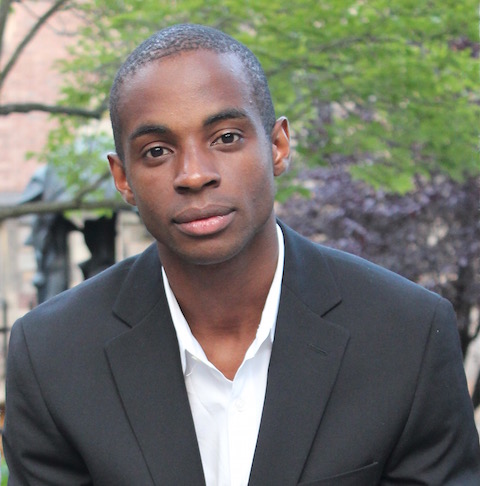
Uzoma Orchingwa
- Alumni
- United States
- 2015 MPhil Criminology
- Magdalene College
Previous Education
Colby College
Matthew Oreska
- Alumni
- United States
- 2008 MPhil Biological Science (Zoology)
- Christ's College
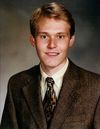
Matthew Oreska
- Alumni
- United States
- 2008 MPhil Biological Science (Zoology)
- Christ's College
As an undergraduate at the College of William and Mary, I studied both geology and economics. At Cambridge, I studied the economic impacts of aquatic invasive species.
Vladimir Orlov
- Alumni
- Russian Federation
- 2006 PhD Music
- Clare College

Vladimir Orlov
- Alumni
- Russian Federation
- 2006 PhD Music
- Clare College
Giulia Ortame
- Scholar
- Italy
- 2024 PhD Astronomy
- Girton College

Giulia Ortame
- Scholar
- Italy
- 2024 PhD Astronomy
- Girton College
My fascination with black holes was sparked when I read ‘The Theory of Everything’ as a 14 year-old girl. Driven by a desire to understand these puzzling and extreme objects, I earned a BSc in Physics at Sapienza University of Rome in 2023. There, I explored key topics in black hole physics, including black hole formation, evolution and emission of gravitational waves. I continued with a MASt in Astrophysics at the University of Cambridge, where my research focused on modeling black hole accretion in dwarf galaxies using cosmological simulations. During my PhD at the Institute of Astronomy, I will investigate the dynamics of supermassive black hole pairs that originate from galaxy mergers. I will develop and run cosmological simulations using supercomputers, introducing elements of machine learning to improve their efficiency and accuracy in making predictions for gravitational-wave missions. I look forward to joining the Gates Cambridge community, as it will give me the chance to learn from and collaborate with other scholars with different expertises and a shared vision of what it means to be a well-rounded researcher. I wish to improve inclusivity and accessibility in STEM disciplines through outreach and mentoring activities.
Previous Education
University of Cambridge Astrophysics 2024
Universita Degli Studi di Roma La Sapienza Physics 2023
Elfadil Osman
- Alumni
- United States
- 2017 CPGS Biochemistry
- Christ's College
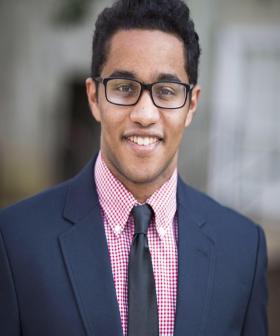
Elfadil Osman
- Alumni
- United States
- 2017 CPGS Biochemistry
- Christ's College
I was born in Riyadh, Saudi Arabia to Sudanese immigrants. The restrictions of Sharia law made life difficult for my family, and early during my childhood, we sought asylum in the United States. It was with this background I long saw myself becoming an agent of social change through the study of Islamic and Constitutional Law and combating Sharia law. It was not until the end of my high school years that I discovered my passion for science and saw how scientific advancements and discovery can also be used to enact change. Furthermore, I came to appreciate how the emergent properties that make life possible are rooted in biology and chemistry, and they can be systematically studied. While an undergraduate at the University of Maryland, I studied tropical infectious agents, primarily focusing on the parasite responsible for malaria. During this time, I became convinced of the transformative social implications of basic science research. Recently, drug resistance to antimalarials is a growing concern. My Ph.D. will be focused on studying mechanisms of gene regulation in the parasite and, through collaboration with other groups, identifying novel antimalarial targets and developing new antimalarials. I intend, through my work at Cambridge, to contribute to the global effort toward the eradication of malaria.
Previous Education
University of Maryland, College Park
Ola Osman
- Alumni
- Canada
- 2019 PhD Multi-disciplinary Gender Studies
- Newnham College
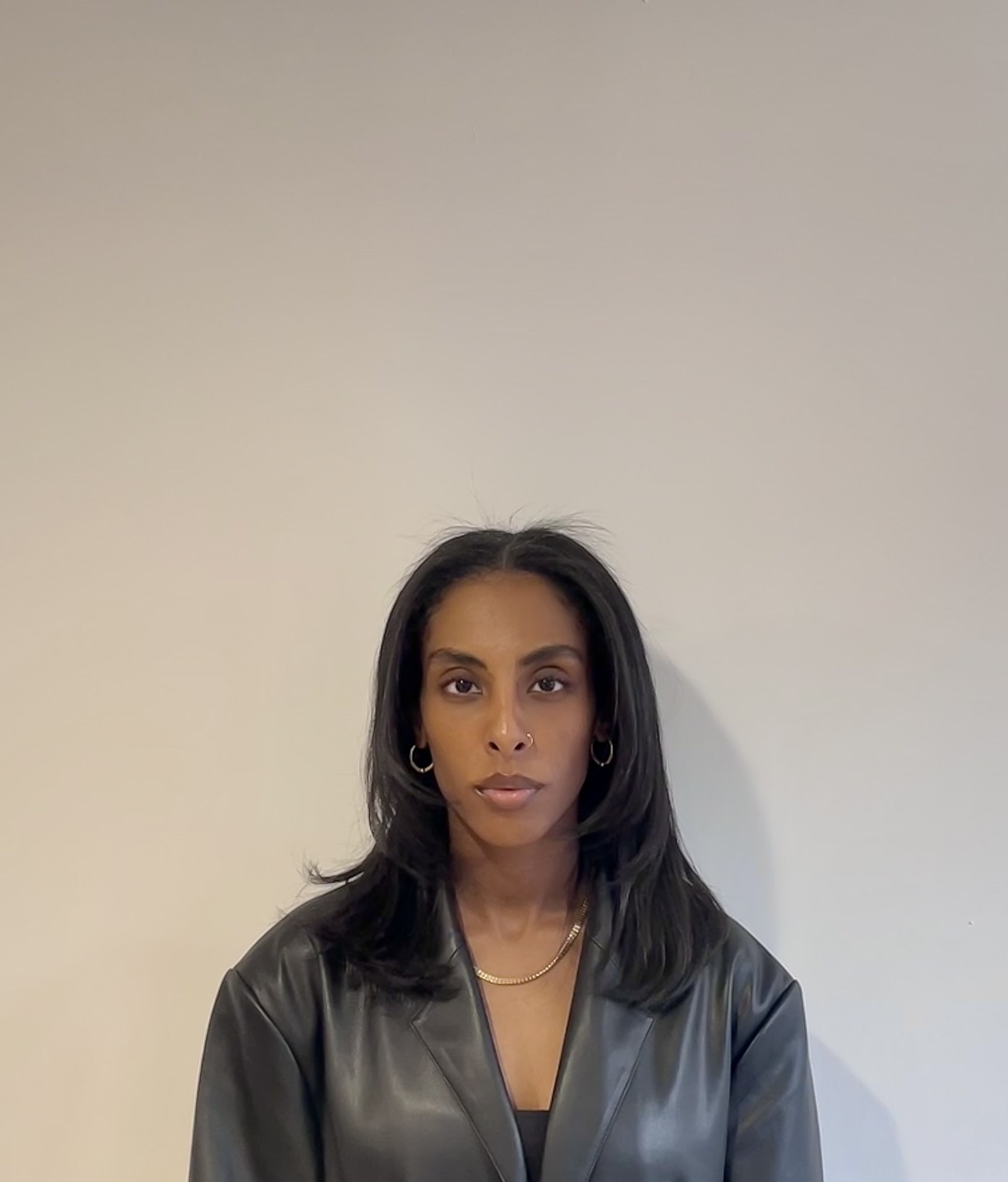
Ola Osman
- Alumni
- Canada
- 2019 PhD Multi-disciplinary Gender Studies
- Newnham College
Ola Osman received her bachelor’s degree from the University of Western Ontario’s Department of Women’s Studies and Feminist Research. She has an MSt in Women’s Studies at the University of Oxford as a Clarendon and Prince Sultan Scholarships holder. Her PhD project maps the continuities between racial slavery, its attendant gendered logics and the Liberian civil war.
Previous Education
Oxford University MSt Women's Studies 2019
University of Western Ontario Honours Spec. in Women's Stud. 2018
Sutayut Osornprasop
- Alumni
- Thailand
- 2002 PhD International Studies
- Corpus Christi College

Sutayut Osornprasop
- Alumni
- Thailand
- 2002 PhD International Studies
- Corpus Christi College
Sutayut Osornprasop (Ph.D.) is Human Development Specialist in the Health, Nutrition, Population Global Practice of the World Bank. Based in Bangkok, Sutayut is the Health Cluster Leader for Thailand and a Co-Task Team Leader of the Lao PDR Health Governance and Nutrition Development Project. A social scientist by training, Sutayut is the champion of multi-sectoral and social determinants of health. He is widely known for his leadership in promoting HIV prevention and harm reduction among key affected populations, through projects and analytical work in the Philippines, Malaysia, Thailand, and Vietnam. Sutayut also leads the Bank’s support to the Lao PDR Government to address nutrition challenges multi-sectorally. His leadership and contribution to the post-disaster damage and losses assessment of the health sector following Thailand’s devastating floods in 2011 is well-recognized. He also contributed to the damage and losses assessment of the health sector following Cyclone Nargis in Myanmar in 2008. He has worked on health financing and co-authored public expenditure reviews of the health sector in Thailand and Myanmar. He has also contributed to the efforts to support Palestine on the Universal Health Coverage agenda.
Ian Ostericher
- Alumni
- United States
- 2015 PhD Archaeology
- St John's College
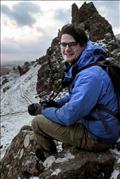
Ian Ostericher
- Alumni
- United States
- 2015 PhD Archaeology
- St John's College
I’m an archaeologist and photographer interested in landscape, the environment and how humans interact with, shape and are shaped by their physical worlds. I have a BA in Anthropology from the University of Washington and an MA in Archaeology from University College Dublin. Currently an MPhil student in Archaeological Research at Cambridge, I specialise in geoarchaeology and study prehistoric land use. My PhD examines landscape stability in the forest-steppe region of northwest Mongolia and the interactions between nomadic pastoralists and the environment over a period of about 4000 years. The aims of this work are to understand past nomadic pastoralist lifeways and how modern pasture management can be at once environmentally and culturally sustainable. Aside from archaeology, I am a photographer, a lover of the outdoors, and am an avid skier, biker and hiker.
Previous Education
University of Washington
University College Dublin
University of Cambridge








